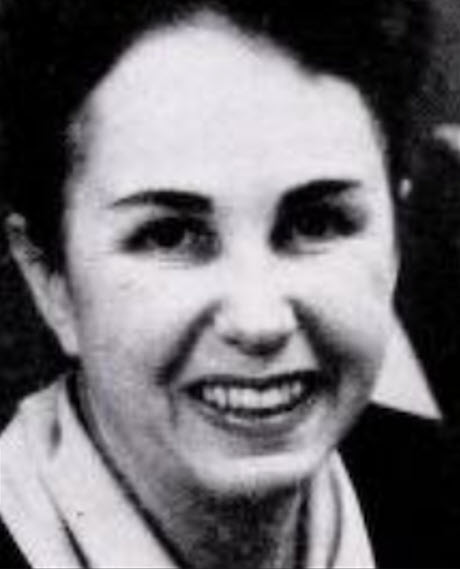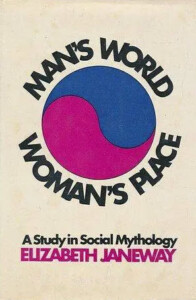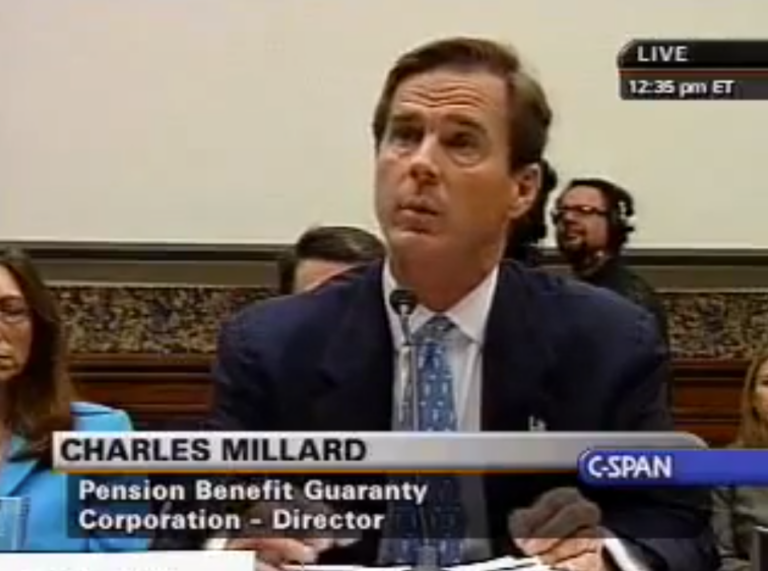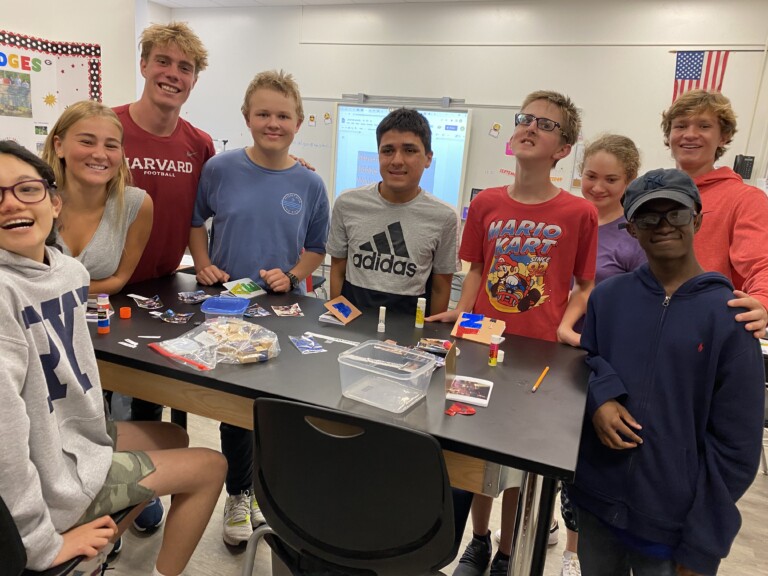RyeGPT People of Note: Meet Author, Critic, and Feminist Elizabeth Janeway

RyeGPT People of Note is a new series highlighting individuals who have a connection to the City of Rye. In the series we ask OpenAI’s ChatGPT to prepare a biography and explain the individual’s connection to Rye.
We welcome your feedback on this series – the use of artificial intelligence, the accuracy and usefulness of each article and your assistance in understanding other pertinent insights related to the person’s connection to Rye.
You can add comments at the bottom of each article or you can send feedback via Tips & Letters.
Today, meet American author, critic, and feminist Elizabeth Janeway.
Elizabeth Janeway was a prominent American author, critic, and feminist, known for her insightful exploration of social issues, particularly those concerning women’s roles in society. Born Elizabeth Hall on October 7, 1913, in Brooklyn, New York, Janeway grew up in an environment that nurtured her intellectual curiosity and literary talents.
After graduating from Swarthmore College in 1935 with a degree in literature, Janeway continued her education at Columbia University, where she deepened her understanding of literary criticism and social theory. Her early career was marked by her work as a reader for a publishing company, a role that allowed her to engage with emerging literary trends and authors.
Janeway’s literary career took a significant turn with the publication of her first novel, “The Walsh Girls,” in 1943. The novel was well-received and established Janeway as a promising voice in American literature. However, it was her second novel, “Daisy Kenyon” (1945), that gained widespread attention and was later adapted into a successful film starring Joan Crawford.

Beyond her work as a novelist, Elizabeth Janeway emerged as a thoughtful and influential critic of social and cultural issues. Her essays and reviews, published in leading magazines and newspapers, addressed themes of gender, power, and social justice, reflecting her deep commitment to feminist ideals. Janeway’s non-fiction works, such as “Man’s World, Woman’s Place: A Study in Social Mythology” (1971) and “Powers of the Weak” (1980), offered insightful analyses of the dynamics of power and gender relations, contributing significantly to feminist discourse.
Janeway’s connection to Rye, New York, was not just as a resident but as an integral part of the community where she and her husband, Eliot Janeway, a well-known economist and writer, made their home. The Janeways lived in Rye for many years, and the town’s intellectual and cultural environment influenced Elizabeth’s work and activism. Rye provided a serene backdrop for her writing and a supportive community that valued her contributions to literature and social commentary.
In Rye, Elizabeth Janeway was known not only for her literary achievements but also for her active participation in community affairs and her advocacy for education and the arts. She took part in local events and initiatives that promoted cultural enrichment and intellectual dialogue, embodying the principles she advocated for in her writings.
Elizabeth Janeway’s legacy is that of a pioneering figure in American literature and feminism. Her novels, essays, and critical works reflect a profound understanding of the complexities of human relationships and societal structures. Through her advocacy and her literary output, Janeway contributed to the shaping of feminist thought and the broader discourse on social justice.
Elizabeth Janeway passed away on January 15, 2005, leaving behind a body of work that continues to inspire and provoke thought. Her connection to Rye, New York, symbolizes the intertwining of her personal life with her broader concerns about society and culture, highlighting her enduring impact as a writer and thinker.





